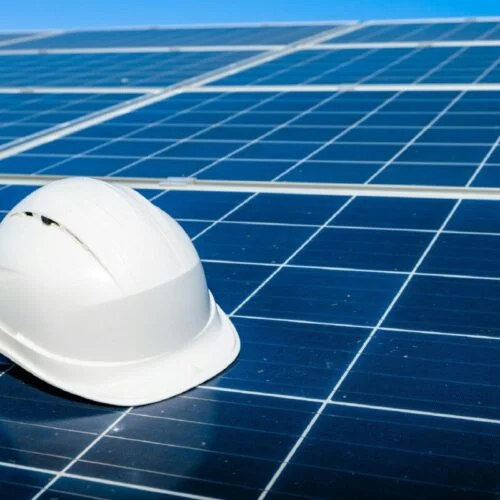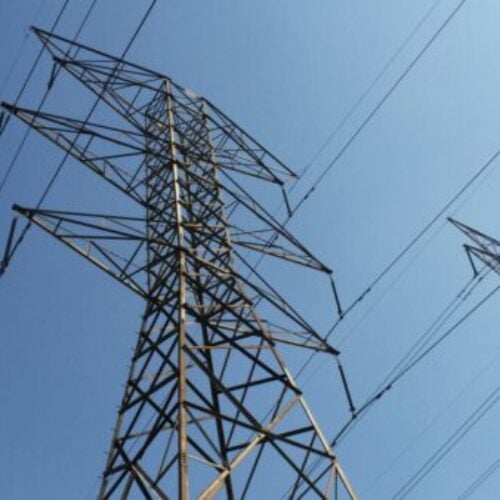Should loopholes for tax incentives be removed from the UK government’s windfall tax could generate around £22 billion in additional revenue, research from the New Economics Foundation (NEF) has found.
The government’s investment allowance loophole is a highly controversial policy that enables oil and gas firms, those that are heavy carbon emitters, to secure around 91% of its capital investment in the form of tax relief.
In doing so, this allows these energy giants to continue to make significant profits off the back of oil and gas assets with no minimal damage to its revenue streams.
Renewables on the other hand, which are widely recognised as a means to escape the energy crisis, have limitations put in place via the windfall tax, creating little incentive to invest in renewable projects.
The loophole has already been exploited by companies including Shell, which paid no windfall tax this year despite the tax operating since May, NEF said. Shell posted profits of £8.2 billion ($9.5 billion) in Q3 2022 – more than double what the oil and gas major made in the same period during 2021, when it made $4.2 billion.
The research had been created by NEF for the Warm this Winter coalition, which includes End Fuel Poverty Coalition, Possible, Uplift and Green Alliance. The report analysed the savings from a programme of tax and spend that the chancellor could have chosen instead, focusing on energy efficiency and insulation.
Through this, the government could focus on more immediate measures and insulate 3.31 million household homes in a bid to support them throughout the energy crisis. This would amount to savings per household of around £336 per year.
“Warm this Winter’s proposals would boost growth, create jobs and help us meet our national net zero commitments and could be fully funded by making oil and gas firms pay their fair share in windfall taxes,” said Emmet Kiberd, economist at NEF.
“Removing the investment incentive for oil and gas firms would easily fund a £3.6 billion programme of energy efficiency improvements over the next two years, while still leaving the oil and gas sector with profits after tax around the normal level.”
Another crucial aspect of the analysis showcased the potential savings that could be associated with the tripling of onshore and offshore wind in addition to solar by 2030. According to the coalition, this could amount to £28.5 billion in savings for the UK energy system by 2025 in the transition process.
“For a small fraction of the money this government is prepared to spend subsidising gas fields and on expensive gas imports, it could be investing in sensible solutions that will end up saving the Treasury money and lead to permanently lower bills for households,” said Tessa Khan, director of Uplift.
“Practical, proven measures, like home insulation and affordable onshore renewables are what this country needs, not more wasteful deals with profiteering gas giants that are pushing millions into fuel poverty. The first priority of this government must be to the people in the UK, not their profits.”






